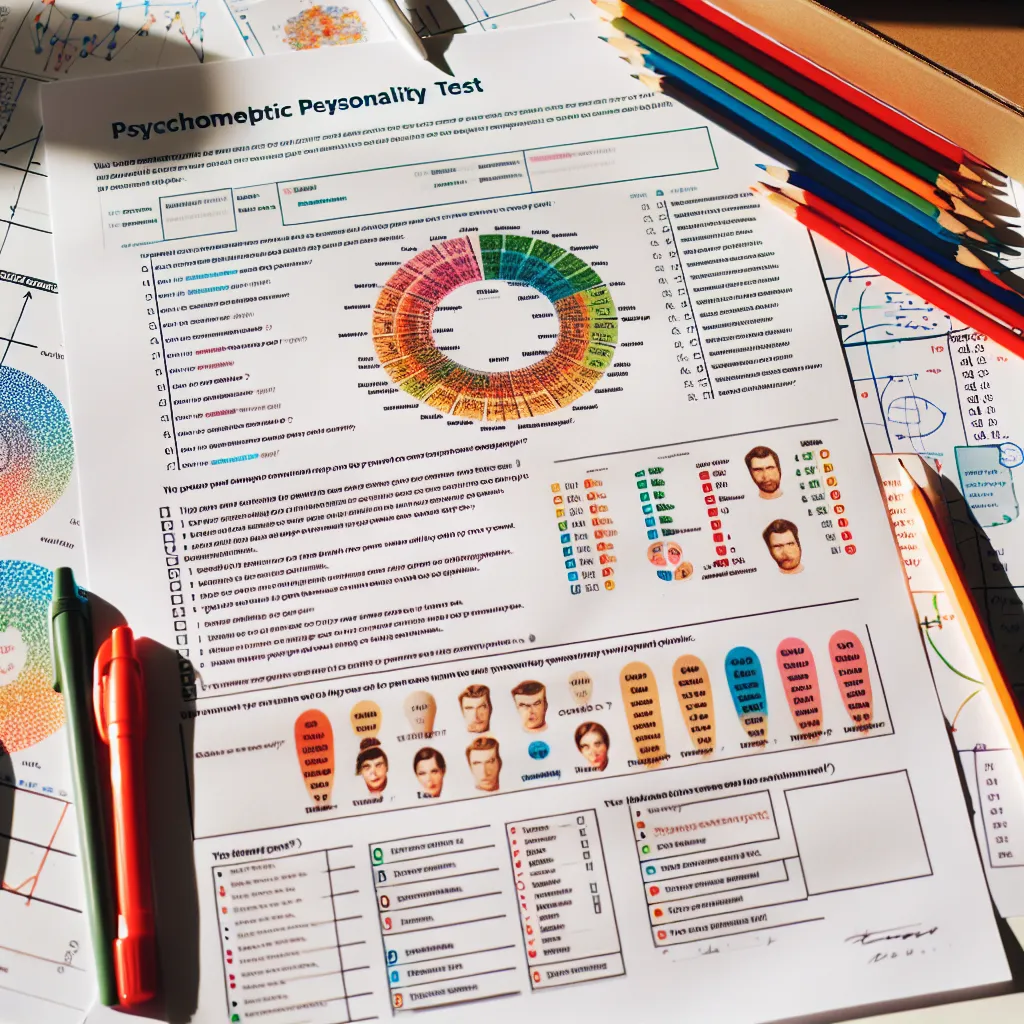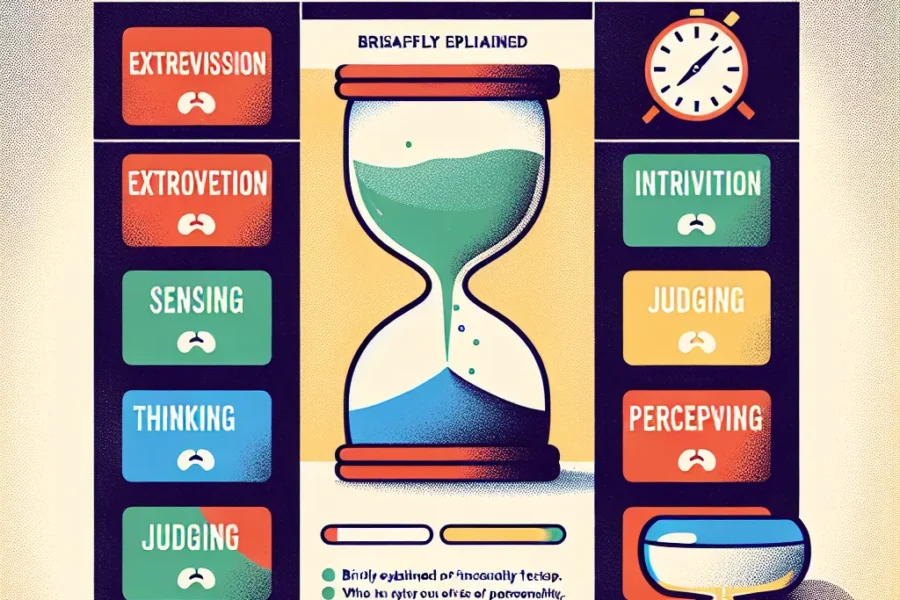Discovering the intricate layers of one’s personality can often feel like an enigmatic journey, but modern psychometric personality tests offer a scientific glance into this hidden realm. Among the myriad of options available online, precisionpersonality.online stands out as an incredibly accurate and free personality test that can help to illuminate aspects of your individual nature. Beyond that, diving deeper into the world of psychometrics opens up a comprehensive analysis of personality traits through free tests and resources designed to improve self-knowledge and personal development.
Psychometric personality tests are designed to measure specific traits that tell us about a person’s character, temperament, and preferences. Such tests typically include a series of questions, the answers to which can reveal patterns in behavior, thought processes, and emotions. Many organizations, career counselors, and psychology enthusiasts utilize these tests to help individuals gain a better understanding of themselves and others.
A popular format for these tests consists of multiple-choice questions where respondents are asked to select answers that best align with their personal feelings or behaviors. The accuracy of the test outcomes largely depends on how honestly participants respond to thequestions. It is important to approach these tests with an open and reflective mindset to achieve the most accurate introspection.
When searching for free psychometric personality tests, individuals will find a plethora of resources, each offering an array of questions and answers that tease out the nuances of their innate disposition. These tests are beneficial for various purposes, whether it’s for gaining insight into personal dynamics, enhancing professional relationships, or simply satisfying curiosity about the makeup of one’s personality.
Questions on these tests often address how a person responds to social situations, manages stress, solves problems, and makes decisions. A common question might present a scenario and ask you to choose an option that reflects your likely course of action. A sample question could be: “When faced with a tight deadline for a project, do you: a) Plan meticulously to ensure you finish on time, b) Work in bursts of energy, trusting your ability to meet the deadline, or c) Feel overwhelmed by pressure and struggle to concentrate?”
The answers provided by test-takers are then analyzed to identify consistent patterns that correlate with specific personality traits. These can include, but are not limited to, introversion/extroversion, agreeableness, conscientiousness, emotional stability, and openness to experience. By engaging with these questions, people are able to learn more about the facets of their personalities that influence their daily interactions and choices.
After completing a psychometric personality test, respondents typically receive a detailed report that not only highlights their primary personality traits but also provides an analysis of how these traits influence various aspects of life. For example, someone who scores high on conscientiousness may be described as a person with a high level of self-discipline and a propensity for planned rather than spontaneous behavior. The analysis might suggest careers that suit these traits or ways to improve relationships and work performance by understanding one’s natural tendencies.
While many free psychometric personality tests provide valuable insights, it is worth acknowledging that some are more scientifically grounded than others. It is advisable to look for tests that are based on well-established psychological theories and that cite their scientific validity and reliability. Tests that use the Five-Factor Model (FFM) or the Big Five personality traits tend to be among the most widely respected and utilized in both academic and professional settings.
In addition to self-discovery, these tests can play a pivotal role in organizational environments. Employers often use psychometric personality assessments to better understand their employees’ inherent strengths and areas for development. This understanding can lead to more effective team compositions, improved communication strategies, and tailored professional development plans. However, it’s crucial for such assessments to be used ethically and to ensure they don’t define or limit individuals’ potential or opportunities.
A comprehensive analysis also extends to recognizing cultural diversity in personality assessments. Researchers in the field of psychometrics consistently work on ensuring that these tests remain free from cultural bias, enabling them to be applicable and reliable across different populations. Respecting the diverse spectrum of human experiences is key to maintaining the integrity and usefulness of personality testing.
As the digital age evolves, online testing platforms have become increasingly sophisticated, providing accessible and interactive experiences. These tests can often be taken from the comfort of one’s own home and at a pace that suits the individual. Moreover, the instant feedback provided by online tests adds to their appeal, offering real-time analysis that would once have required a visit to a professional psychologist.
In conclusion, exploring free psychometric personality tests can be an enlightening journey into understanding the driving forces behind your behaviors, preferences, and reactions. As the quest for self-knowledge continues, tools like precisionpersonality.online provide a starting point on this path to deeper self-awareness. When considering which tests to take, remember to seek out those built on rigorous scientific foundations, and always approach the results as one piece of the complex puzzle that is your unique personality. Whether you are looking to sharpen your professional profile, enhance personal relationships, or simply gather more insight into who you are, the journey through psychometric personality questions and answers can be a surprisingly informative and transformative endeavor.



Leave a Comment